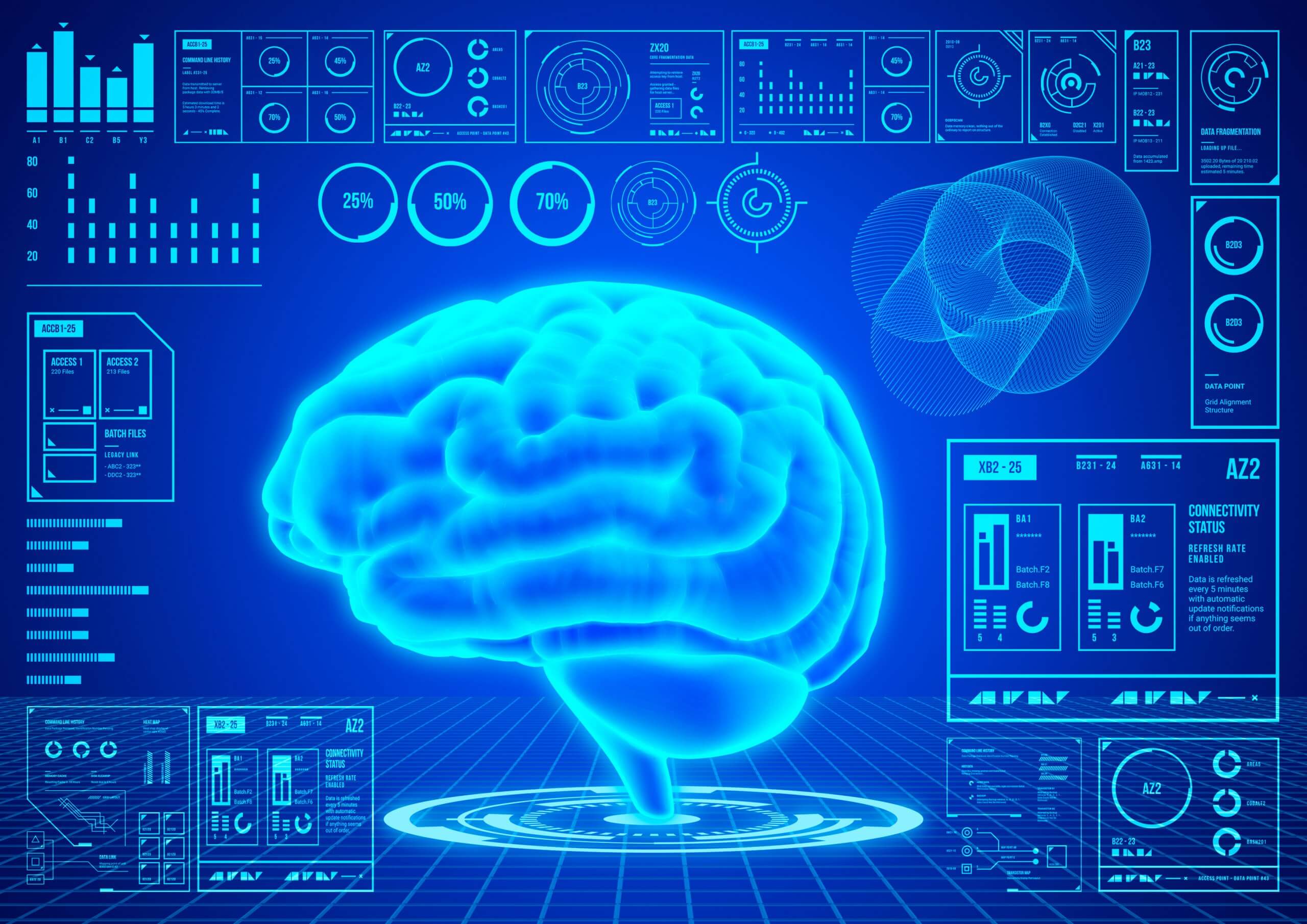The increased use of AI has decreased humans’ workload and resulted in quick and more efficient work at a lower cost. Like its applications in our daily lives, AI has a wide range of benefits in healthcare. However, the process of healthcare transformation through AI is still in progress. There are eight ways in which AI is used in healthcare and how it is transforming the healthcare industry.
Help People Stay Healthy
The potential benefit of artificial intelligence is that it keeps people healthy without them having to go to a doctor. Due to advancements in artificial intelligence, several applications are helping to maintain people’s health. These applications promote healthy behavior by guiding people to manage a healthy lifestyle.
The most common use of AI in healthcare is helping medical professionals understand people’s everyday health needs. People can provide valuable feedback using artificial intelligence, so people don’t need to visit the doctor daily.
Early Detection of Diseases
AI in the healthcare industry helps detect diseases at their early stages, such as cancer and hepatitis. The extensive use of mammograms in healthcare helps accurately track multiple conditions. Moreover, it reduces the need for biopsies.
You can use consumer wearable things in combination with medical devices to detect heart diseases at their early stages. It enables medical professionals to detect and monitor life-threatening diseases at earlier stages and provide the patient accordingly.

Disease Diagnosis
In the healthcare sector, AI gives healthcare data, medical journals, case studies, and medical information to diagnose a disease. It helps healthcare organizations to introduce treatments for different infections as per the available data.
Researchers use artificial intelligence to identify and analyze healthcare problems. Combining machine learning systems with neuroscience has resulted in the development of neural networks that can mimic the human brain.
Clinical Decision Making
Healthcare data and records available through artificial intelligence help medical professionals make timely decisions.
In healthcare, AI is also used as a pattern recognition system to identify patients’ risk of developing a particular disease. Another application of AI is recognizing the potential threats to a healthy lifestyle due to environmental and other factors.
Artificial intelligence has altered healthcare providers’ decision-making. It gives access to the relevant data required to diagnose and treat diseases and manage people’s overall healthcare.

Treatment of Patients
The role of AI in the healthcare sector is more than healthcare records scanning, as it tracks chronically ill patients at greater risk of exposure to a specific condition. It helps medical professionals to use a more comprehensive and strategic approach to managing the disease. Patients can also control their healthy lifestyles through efficiently designed healthcare plans and long-term treatments.
Lifecare Support
Certain conditions like heart failure, dementia, etc., cause slower death of patients. Loneliness often characterizes this phase of life, but artificial intelligence has devised a solution. Robots have brought a revolutionary change in our lives, making people independent, decreasing the need for hospitalization, and providing home care.
Technological advancements are still modifying the functions of Robots, from just conversation to using other ways of social interaction. Technological advances will also keep the minds of aged people sharp and fresh. This intervention of AI in the healthcare industry won’t let people die without proper care.
Research
The path of drug introduction in the healthcare industry, from research laboratory testing to a patient’s treatment, is quite long. It takes several years for a drug to be approved by medical professionals. Even after several years, only a few drugs are approved for human testing and usage. Moreover, a company spends millions to develop a drug and get approval for it.
This drug research concept uses AI interventions in the healthcare industry. By using artificial intelligence techniques in the overall research process, you can reduce the cost of developing a drug.

Training Programs
AI has eased the training program for medical professionals and people. With technological advancement, we can get more comprehensive responses to several questions from people that help evaluate the effectiveness of training sessions.
This way, future training programs can be designed based on the previous responses to better meet the audience’s needs. Moreover, you can conduct the training programs regardless of location and medium.
In a nutshell, AI is revolutionizing the healthcare industry. Whether it is treatment, diagnosis, or research, the uses of AI in healthcare are innumerable. I hope you have gained important insights into AI in healthcare.
 About Complete Controller® – America’s Bookkeeping Experts Complete Controller is the Nation’s Leader in virtual bookkeeping, providing service to businesses and households alike. Utilizing Complete Controller’s technology, clients gain access to a cloud platform where their QuickBooks™️ file, critical financial documents, and back-office tools are hosted in an efficient SSO environment. Complete Controller’s team of certified US-based accounting professionals provide bookkeeping, record storage, performance reporting, and controller services including training, cash-flow management, budgeting and forecasting, process and controls advisement, and bill-pay. With flat-rate service plans, Complete Controller is the most cost-effective expert accounting solution for business, family-office, trusts, and households of any size or complexity.
About Complete Controller® – America’s Bookkeeping Experts Complete Controller is the Nation’s Leader in virtual bookkeeping, providing service to businesses and households alike. Utilizing Complete Controller’s technology, clients gain access to a cloud platform where their QuickBooks™️ file, critical financial documents, and back-office tools are hosted in an efficient SSO environment. Complete Controller’s team of certified US-based accounting professionals provide bookkeeping, record storage, performance reporting, and controller services including training, cash-flow management, budgeting and forecasting, process and controls advisement, and bill-pay. With flat-rate service plans, Complete Controller is the most cost-effective expert accounting solution for business, family-office, trusts, and households of any size or complexity.




